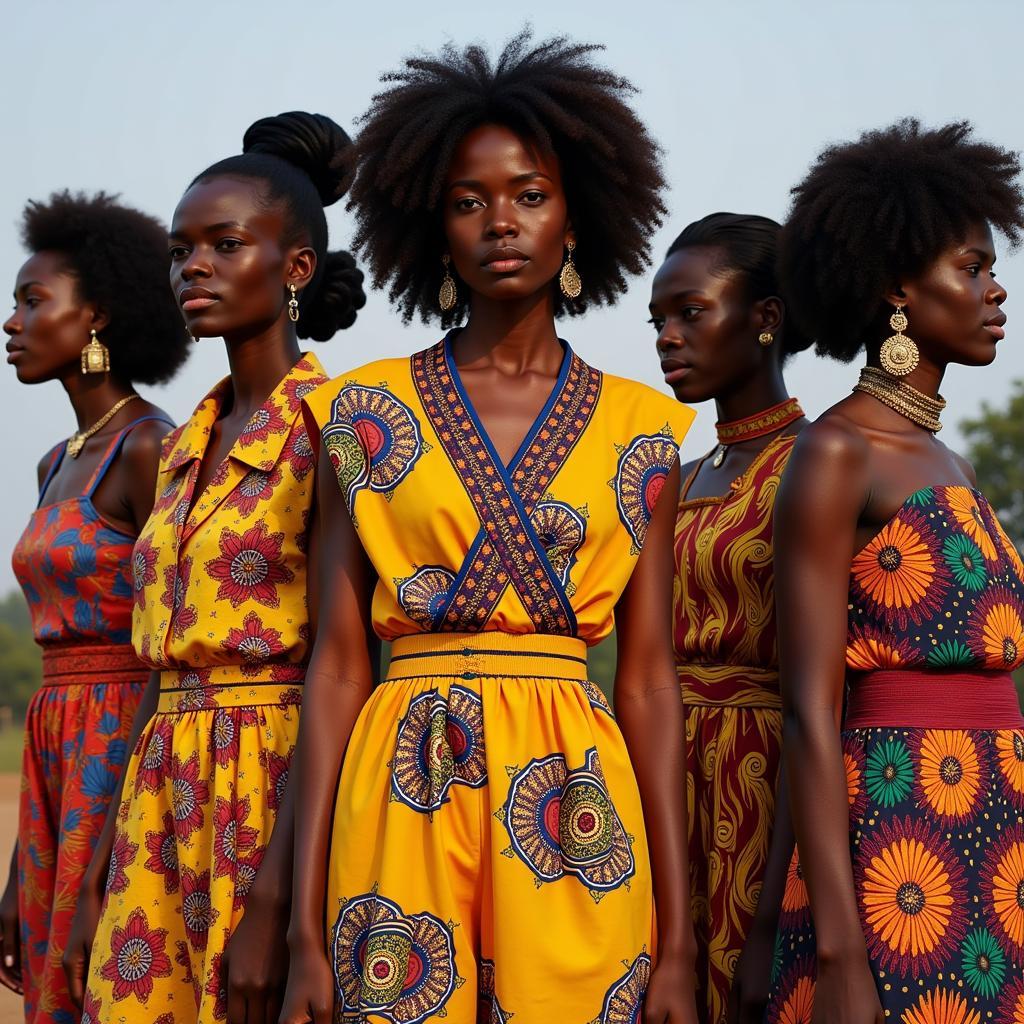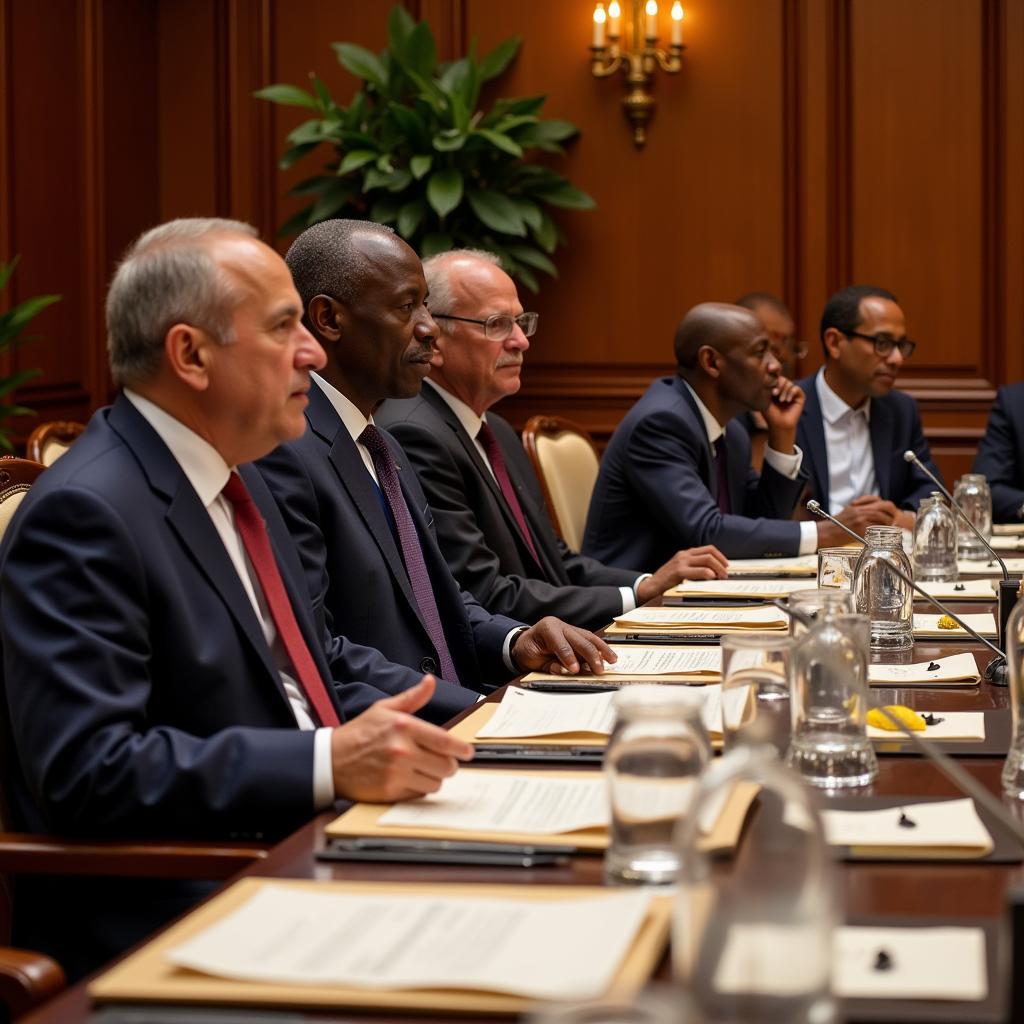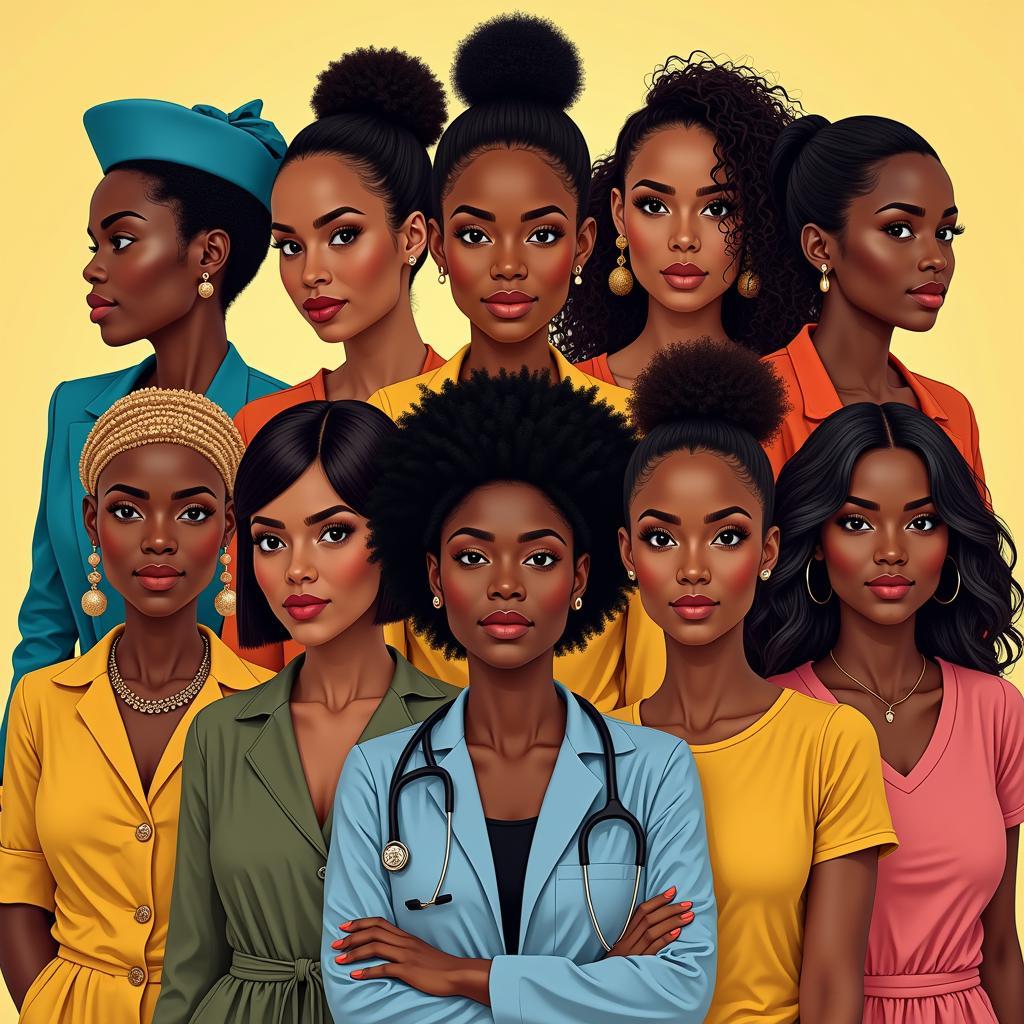Understanding African Homo Sex: A Nuanced Perspective
African Homo Sex is a complex and often misunderstood topic. This article delves into the diverse realities of same-sex relations and identities across the African continent, examining historical context, cultural variations, and the impact of colonialism and globalization. It aims to provide a nuanced perspective beyond the often-simplistic narratives that dominate discussions about this sensitive subject.
Historical and Cultural Contexts of Homo Sex in Africa
Pre-colonial Africa exhibited a diverse range of sexual and gender expressions. Some societies had established roles for individuals who did not conform to traditional gender binaries, and same-sex relations were practiced in various forms. It’s crucial to avoid generalizations, as the specific customs and beliefs regarding sexuality varied considerably between different ethnic groups and regions. For instance, some cultures acknowledged same-sex relationships within specific rituals or social structures, while others integrated individuals with diverse gender identities into their communities. It is important to remember that the concept of “homosexuality” as a fixed identity is a relatively modern Western construct, and applying it retrospectively to pre-colonial African societies can be misleading.
Colonialism significantly impacted attitudes towards same-sex relations in Africa. European laws and religious beliefs, often rooted in homophobia, were imposed on African societies, criminalizing practices that had previously been accepted or tolerated. This legacy of colonial repression continues to influence legal frameworks and social attitudes in many African countries today. The introduction of Christianity and Islam, while bringing positive aspects to the continent, also contributed to the stigmatization of same-sex relationships in many communities.
African Homo Sex in the Modern Era: Challenges and Progress
Today, the legal and social landscape surrounding african homo sex is varied. While some countries have decriminalized same-sex relationships, others maintain punitive laws, often inherited from the colonial era. There is a growing movement for LGBTQ+ rights across the continent, with activists and organizations working to challenge discriminatory laws and social stigma. However, these efforts often face significant opposition from religious leaders and conservative elements within society.
You might find documentaries exploring traditional African views on homosexuality insightful. For example, consider an African homosexual tradition documentary.
Navigating these complex realities requires sensitivity and awareness. Understanding the historical and cultural context is crucial to engaging in informed discussions and supporting the ongoing struggle for equality and human rights for LGBTQ+ individuals in Africa. For further information, you can explore resources related to African homosexual tradition video.
The Intersection of Culture, Religion, and Human Rights
The debate surrounding african homo sex often intersects with discussions of culture, religion, and human rights. Some argue that homosexuality is “un-African” and incompatible with traditional values. However, this argument overlooks the historical diversity of sexual practices and gender identities in pre-colonial Africa. Others cite religious texts to condemn same-sex relationships. However, progressive interpretations of these texts are also emerging, emphasizing compassion and inclusivity.
It is essential to recognize the universal nature of human rights. Regardless of cultural or religious beliefs, all individuals deserve to live with dignity and without fear of discrimination or persecution. Exploring resources on African American homosexuality can offer further perspectives.
Conclusion
African homo sex is a complex topic with a multifaceted history. Understanding the diverse realities across the continent requires moving beyond simplistic narratives and engaging with the historical, cultural, and social factors that shape individual experiences. While challenges remain, the growing movement for LGBTQ+ rights offers hope for a future where all individuals are treated with dignity and respect. For a deeper understanding of this topic, explore African fuck tour full videos.
It’s important to understand the diversity within Africa and avoid making sweeping generalizations. Further information on this complex issue can be found in studies of African homosex porn video.
FAQ
- What are the legal implications of same-sex relations in Africa? Laws vary widely across African countries, from decriminalization to severe penalties.
- How did colonialism impact African views on sexuality? Colonialism introduced restrictive laws and religious beliefs that often criminalized same-sex practices.
- What are some of the challenges faced by LGBTQ+ individuals in Africa? Challenges include legal discrimination, social stigma, and violence.
- Are there any organizations working to promote LGBTQ+ rights in Africa? Yes, numerous organizations are advocating for equality and human rights across the continent.
- What is the future of LGBTQ+ rights in Africa? While the path ahead is challenging, the growing activism and awareness offer hope for progress.
- How can I learn more about traditional African perspectives on gender and sexuality? Research anthropological studies and historical accounts that predate colonialism.
- What are some common misconceptions about homosexuality in Africa? One common misconception is that it’s a recent import from the West, ignoring pre-colonial history.
Common Scenarios
- Scenario 1: A young person in an African country questions their sexuality and seeks information and support. They may find it difficult to access resources or connect with others due to social stigma and legal restrictions.
- Scenario 2: An LGBTQ+ activist in Africa faces harassment and threats due to their work advocating for equal rights. They may need legal assistance and protection.
- Scenario 3: A family in Africa struggles to accept their child’s sexual orientation due to cultural or religious beliefs. They may benefit from counseling and support to foster understanding and acceptance.
Further Exploration
You may find further information on other pages of our website relating to African culture and traditions.
Need Help?
When you need support please contact Phone Number: +255768904061, Email: kaka.mag@gmail.com Or visit: Mbarali DC Mawindi, Kangaga, Tanzania. We have a 24/7 customer support team.



